GEAB 190


The concept of the interregnum has often been used in geopolitics in recent years. The imagery of a leaderless transition, a shift from one form of dominance to another, or the evolution from a unipolar to a multipolar world, all resonate strongly with our current moment. In this context, we apply the concept to a more specific situation: the ongoing transition in the United States between Biden’s term and Trump’s, spanning from November 5, 2024, to January 20, 2025.
In this brief period, the typical wait-and-see attitude of the major election year of 2024 comes to an end, giving way to a return of turmoil. It’s a political vacuum in the United States, with Biden already out of the race after withdrawing his candidacy, and even more so following his party’s defeat in the elections, while the Republicans have yet to settle into the White House. This vacuum sets the stage for geopolitical upheavals in a world on the brink. The signs are unmistakable: an attempted coup in South Korea, Chinese military exercises around Taiwan, political crises in France and Germany, canceled elections in Romania, protests in Georgia, the potential fall of Bashar al-Assad in Syria, escalating struggles for influence in the Sahel, a “massive” Russian offensive in Ukraine, the resurgence of the Islamic State… The nascent seams of the multipolar world are cracking from all sides.
There are several lessons to be learned from this. Firstly, despite the seriousness of the events, we must not panic, as the unrest will end almost immediately with Trump’s inauguration. Secondly, the perfect coincidence of these incidents with the end of the American presidential campaign should remind everyone of the extent of the United States’ influence on the world. This is a lesson that our team, the first to closely observe the signs of the decline of the American empire, is learning with a great deal of humility. Finally, it shows that the lack of stability in American political power, compared with the almost perfect alternation of consecutive Democratic and Republican terms of office, is no longer tenable for the rest of the world.
A world undergoing such rapid and brutal change as that of the 21st century demands guarantees that Western-style liberal democracies can no longer provide. This observation calls for transformations in national, regional and global political models. In Europe, Ursula von der Leyen has understood this, and is no longer waiting for the nation states to move forward, as demonstrated by the conclusion of negotiations for a free trade agreement with MERCOSUR. The United States is also capable of far-reaching change, and Trump has understood this. He only has four years ahead of him, so we can expect him to strike fast and hard. The members of the BRICS are aware of this and are ready to play their cards, without allowing themselves to be overshadowed.
All these geopolitical players will be forced to work together to recreate a functional global system. This is the theme that kept us most busy in this month’s issue, and which you can read about in the following article. While stability and security are desirable, supporters of freedom and democracy will be tested in their convictions in the face of this takeover, which can only be authoritarian.
***
Next GEAB Book Club meeting: 20 December from 6pm (language: FR-EN)

The answer that immediately comes to mind is: "China, of course"! But that’s too easy for the GEAB, so we won’t be going down that route in this article. Instead [...]
As economic and political instability intensifies, our team takes a closer look at the forecasts of the major Western financial institutions. Between optimism and underestimated risks, these reports are as [...]
Our team is proud to present its self-evaluaiton of the 2024 trends published in January. This year we have recorded a 74.19% success rate. Several events were accurately anticipated from [...]
Many people view digital data as the oil of the 21st century, but the natural resources required to produce it are rare earth elements. Beyond digital technology, rare earths are [...]
According to Aaron Holmes, Microsoft is now pitching "Spend less on people". While AI is certainly the next stage in the long process of optimising human resources in the production [...]
Central Asia: Nuclear power as a strategic lever Central Asia, rich in natural resources, is increasingly exploring nuclear power for its energy needs. Kazakhstan, the world's largest producer of uranium, [...]

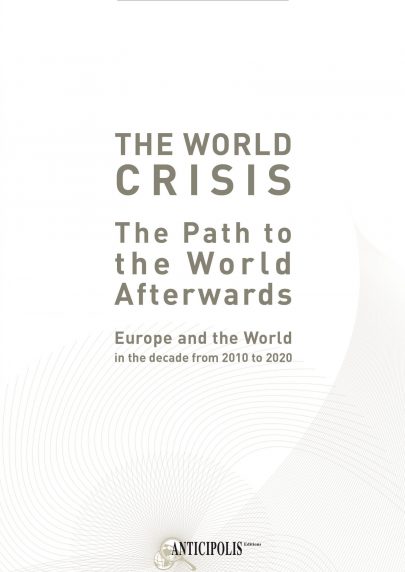
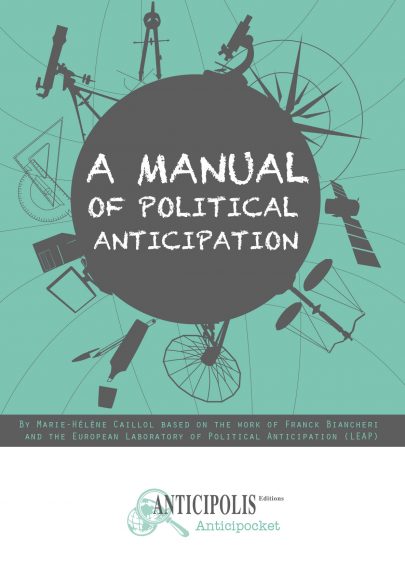
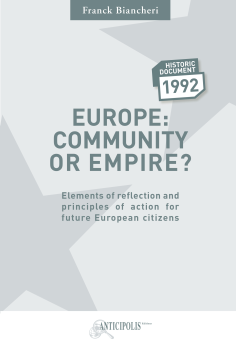
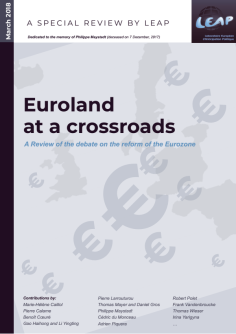
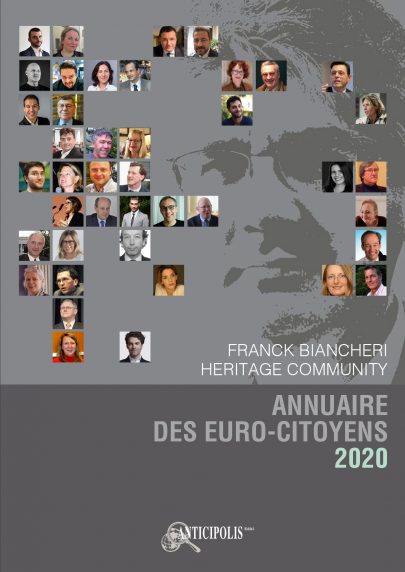
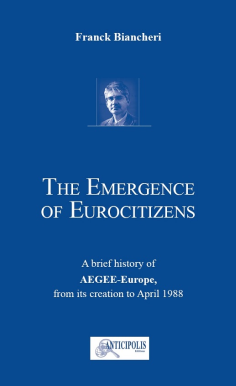
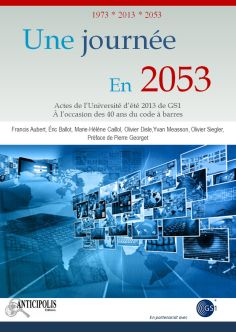
Comments